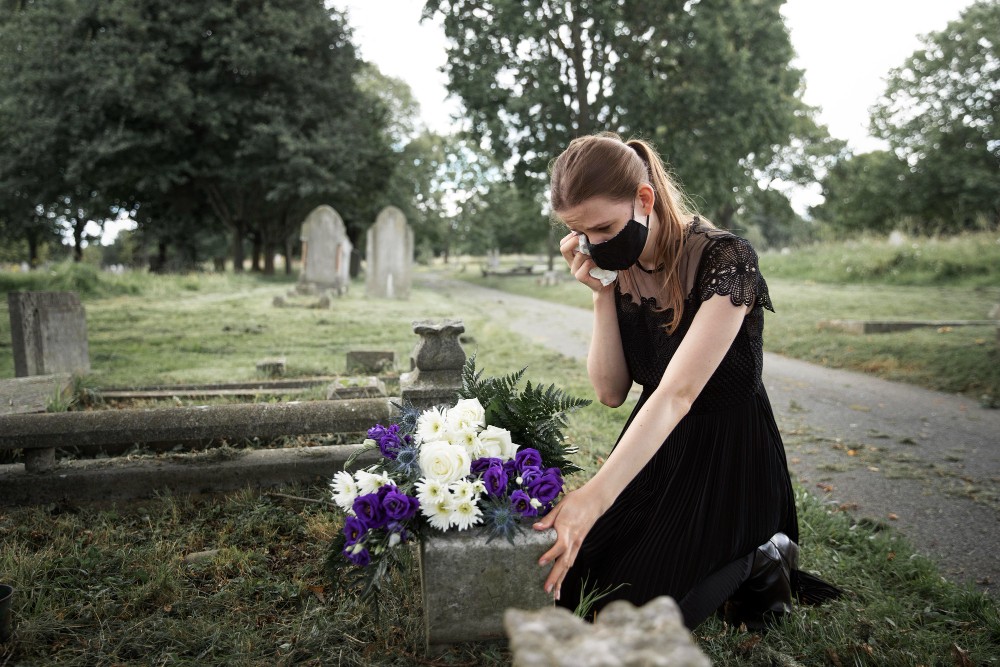People generally avoid making an estate plan because there are difficult decisions with young families. You start to get married and you start to have children. The two different sides of the family can be very different in their religion, worldview, the way that they raise their children, the way that they manage money or the way they spend their money. The husband and wife may never be able to come to terms with who they should select to be the guardian of their children. That’s why I find many people come in and don’t even do estate planning until after the kids are out of the house because they could never agree. Another reason is that people just like to procrastinate or put it off because they don’t want to think about it.
Many people think that if I do a will or a trust, it means I’m going to die and they don’t want to think about dying, they want to believe that they are still young or invincible and they’ve got a long life ahead of them. They are not thinking about unfortunate events that happen to people all the time when people pass away. They actually just don’t have anyone they trust and there is no one they can name to make those decisions for them. They probably never got married or they don’t have any children or their loved ones have separated themselves from them and so they feel lost. They say who am I planning for because they don’t have anyone there. They need to be planning for themselves.
How Often Should People Give Their Estate Plan A Check Up?
I always recommend that clients get what’s called a trust review at least every three to five years. There are always little changes in the law, little nuances that need to be incorporated into the documents. It’s good to come back in and sometimes people forget what the documents even say. If we have the documents in front of us and we read them back to the client then they’ll be surprised at some of the limiting provisions as rights to a surviving spouse or they’ll say I thought I removed my sister from the document. Even if they don’t come in, they need to pull it out and take a look at it to make sure that it’s what they want; otherwise we could have assets going to unintended beneficiaries.
What Is Asset Protection?
Asset protection is just protecting your assets from unknown creditors, predators, and lawsuits. It begins at a basic level with probate avoidance and conservatorship avoidance. In the U.S. court systems, they are always creating new theories of liability and so any one of us can be susceptible to a lawsuit as lawyers are finding new ways to assert claims against people. It’s a way to try to protect yourself, protect your assets, protect your family and keep yourself out of bankruptcy. Thankfully here in Tennessee, we’ve got a very robust law that we call Tennessee domestic asset protection trust and there is what we call a self-settled trust where I create the trust, I take my own assets and I put them in the trust, and I also retain an interest in being able to use some of those assets.
The statute here in Tennessee is on par with the best in the nation where after two years, if it’s done correctly, those assets are protected and the creditors cannot attach them. We do have what is called a fraudulent conveyances act, which says that if you do this planning with the purpose to defraud a known creditor then we are going to call those assets back. There is a pretty high standard or high bar to overcome here in Tennessee where the creditor needs to show that the transfer has been made by clear and convincing evidence, which is extremely difficult. The restive standard falls by preponderance of the evidence, which is kind of more likely than not, but clear and convincing evidence is quite difficult to overcome. Tennessee legislature has set out to make this one of the best states for trust planning.
Many times we will couple an LLC with a domestic asset protection trust to protect the assets. Another side of asset protection can be elder care where I am afraid that my Mom or Dad is going to end up in a nursing home and is going to eat up $10,000 a month. Maybe we can take those assets and put them in what we call a Medicaid Asset Protection trust five years ahead of time. We’ve thrown up a wall between Mom and Dad and those assets so it will no longer count against them. We use similar planning for VA manifests as well as veterans who have 90 days of active duty service and at least one day was a period of work time. They could get a reimbursement for their lawful care expenses, but there is an asset limitation so we take the excess assets and we put it into an asset protection trust.
For more information on Avoiding An Estate Plan, a free initial consultation is your next best step. Get the information and legal answers you are seeking by calling (615) 236-6892 today.



